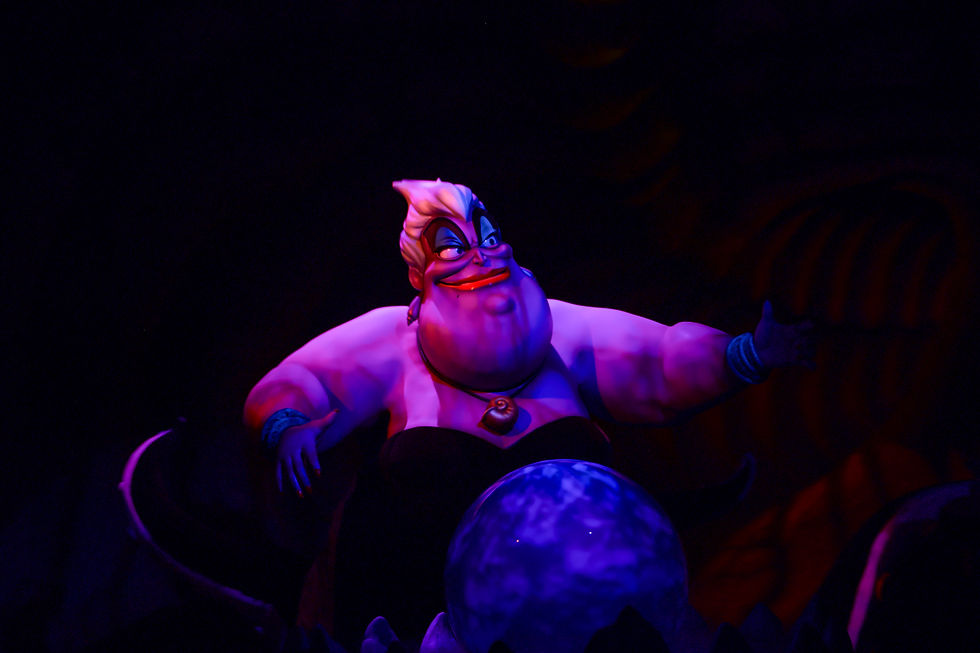A good villain can make or break a story. A well-written villain can be just as important as a well-written hero. Villains are the opposing force to the hero, and they play a crucial role in driving the story forward. But what exactly makes a good villain? In this blog, we’ll explore the characteristics that make a villain truly great.

Motivations
One of the most important aspects of a good villain is their motivations. A villain without a clear motivation is just a cardboard cutout. A good villain has a reason for doing what they do, even if it’s not a reason we agree with. Maybe they’re seeking revenge for a past wrong, or maybe they believe their actions are necessary for the greater good. Whatever their motivation, it should be clear and understandable to the audience.
Humanity
Another important aspect of a good villain is their humanity. A villain that’s purely evil can be boring and one-dimensional. A truly great villain has shades of gray. They have moments of vulnerability or doubt that make them more relatable. Maybe they have a tragic backstory that explains why they turned to villainy. Or maybe they have a moral code that they adhere to, even if it’s twisted. Whatever the case, a good villain is more than just a caricature of evil.
Power
A villain needs to have power in order to be a credible threat to the hero. But power doesn’t necessarily mean physical strength. A good villain can have any number of abilities that make them a formidable opponent. Maybe they’re a master manipulator who can turn anyone to their side. Or maybe they have a vast amount of wealth and resources at their disposal. Whatever their power, it should be something that makes them a worthy adversary for the hero.

Opposition
A good villain needs to be a true opposition to the hero. This means that they need to be able to challenge the hero in meaningful ways. They need to have a plan that’s more than just “kill the hero.” They need to have goals that are in direct conflict with the hero’s goals. And they need to be able to hold their own in a battle of wits or strength. A good villain should be a worthy opponent for the hero.
Personality A villain’s personality is just as important as their motivations and power. A good villain should be memorable and distinctive. They should have a unique voice and mannerisms that make them stand out from other villains. Maybe they have a quirky sense of humor or a particular way of speaking. Whatever their personality, it should be something that sets them apart.
Consequences
A good villain needs to have consequences for their actions. If they can do whatever they want without any repercussions, then they’re not a credible threat. A good villain should have a plan that has real consequences for the hero and the world around them. Maybe they’re trying to take over the world, or maybe they’re trying to destroy a city. Whatever their plan, it should have real consequences that the hero is fighting to prevent.

Redemption
Finally, a good villain should have the potential for redemption. This doesn’t necessarily mean that they need to be redeemed, but they should have the potential to change. Maybe they realize the error of their ways and turn against their former allies. Or maybe they sacrifice themselves to save others. Whatever the case, a villain with the potential for redemption is more interesting than one who’s purely evil.
Conclusion
A good villain is an essential part of any great story. They need to have clear motivations, a sense of humanity, power, opposition to the hero, a distinctive personality, consequences for their actions, and the potential for redemption. Without these characteristics, a villain can be forgettable and uninteresting. But with them, a villain can be just as important as the hero.

Comments